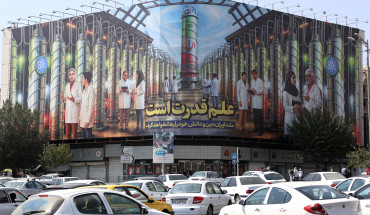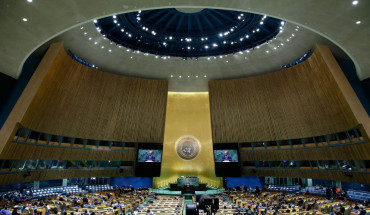Ultimately, the anticipated move by OPEC+—which Russia is part of—this week to cut supply could be seen less as a counterbalance to the West and more as a strategic move to support their members' own economic interests, says Nikolay Kozhanov, a research associate professor at the Gulf Studies Center of Qatar University and a non-resident scholar with the Middle East Institute's Program on Economics and Energy.
"The OPEC+ keeps on counting mostly on the psychological effect from its moves," Kozhanov told Newsweek in an email. "Of course, we need to see how the production quotas' cuts are to be distributed among the cartel members, but, for now, it looks like the OPEC+ is just trying to scare the market."
"These cuts are also not a pro-Russian move," he added. "Each player plays its own game. No friendship or obligations."
OPEC+ members have already sought to take advantage of discounted Russian crude oil to create refined products they then export on their own. It is also unclear where the decreases in production will come from, suggesting that the announcement of production cuts could be seen more as a means to secure its relevance in the coming year—particularly as consumer prices for products like gasoline and diesel remain high.
"What's really important here in practical terms is that the OPEC+ extended its existence to 2023," added Kozhanov. "That means: a. OPEC+ believes that the market will be unstable in 2023; b. Moscow will still be valid as a partner; c. OPEC+ agreement remains in the eyes of its members a factor shaping the market."











